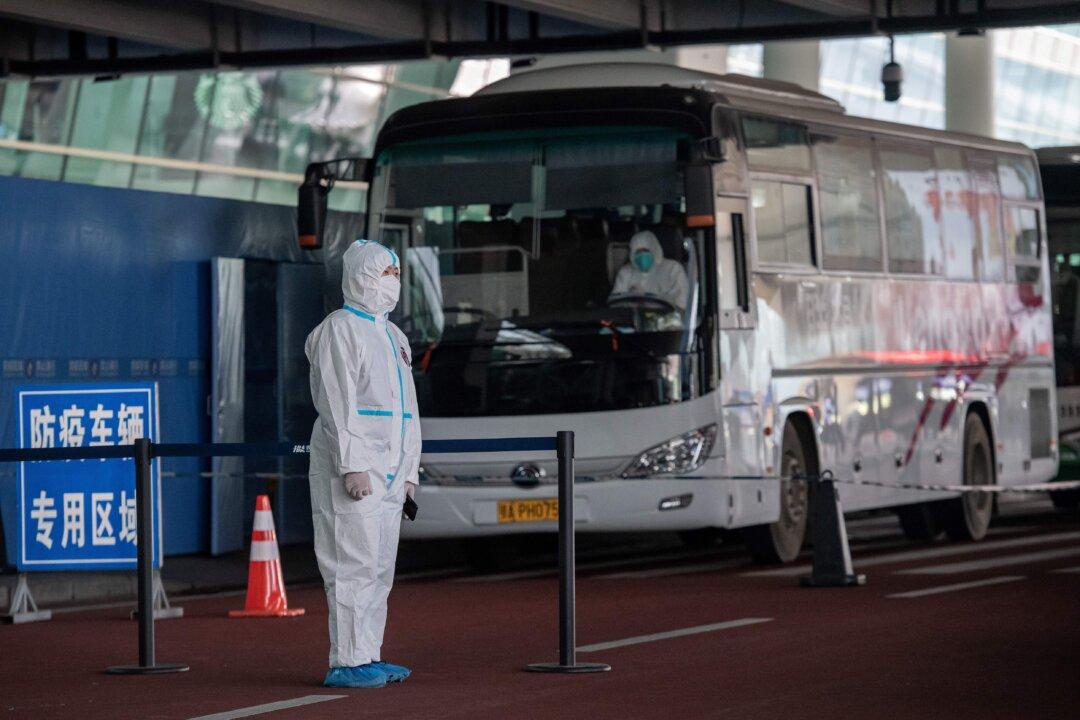The same firm that was alleged to have conducted controversial research at a laboratory in Wuhan, China—the city where COVID-19 emerged in 2019—has received a new grant to study bat viruses.
EcoHealth Alliance, which was involved in researching bat coronaviruses at the Wuhan Institute of Virology, started a multiyear study of “viral sequences and isolates for use in vaccine development,” according to a grant published online by the National Institute of Allergy and Infectious Diseases (NIAID), the agency headed by Dr. Anthony Fauci.





